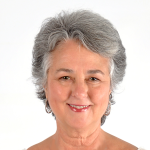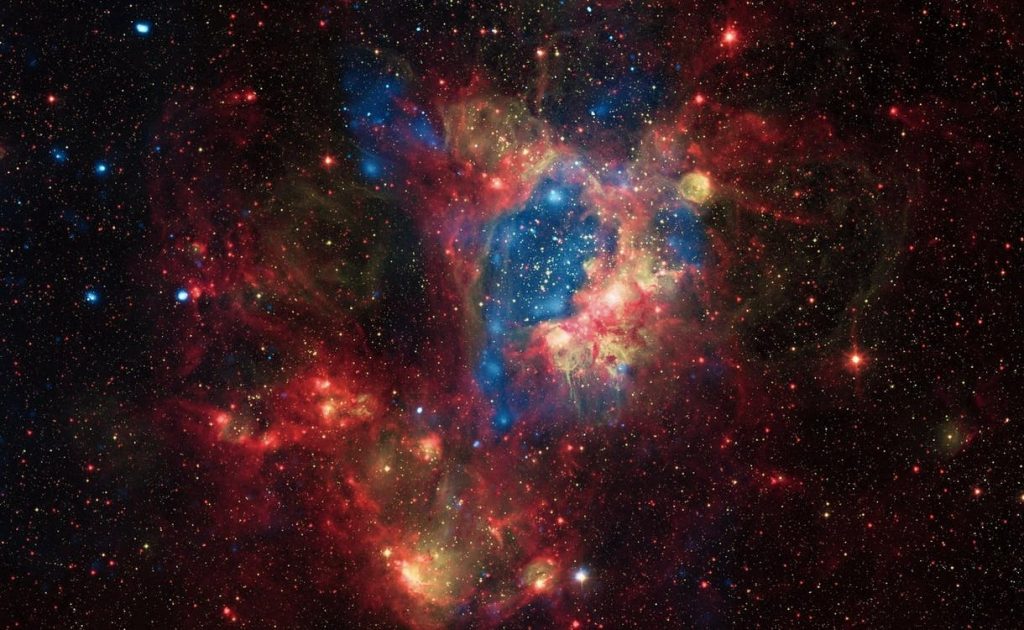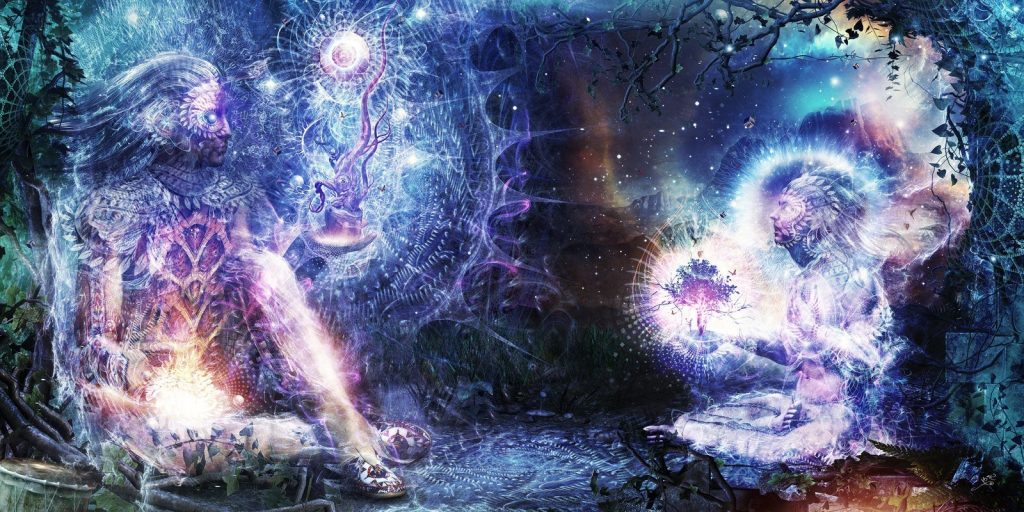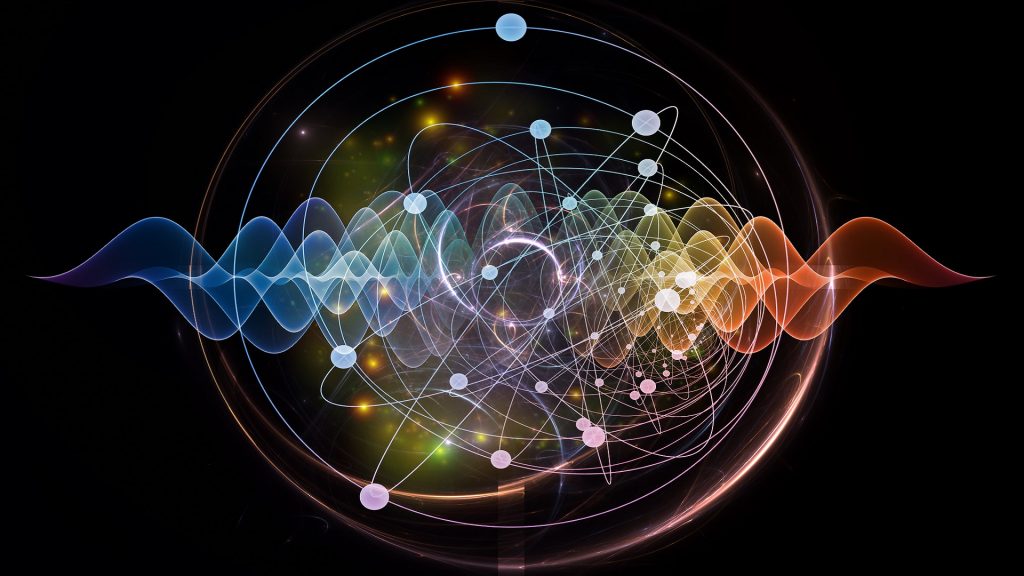Our Spiritual Commons
Cover image: Corinne Boureau | Spark of Life (https://www.artsy.net/artist/corinne-boureau)
“A human being …experiences himself, his thoughts and feelings as something separated from the rest, a kind of optical delusion of his consciousness.”
― Albert Einstein
As we come to new terms with just how profound our commonality is, it is imperative that we work in realms that lie beyond our “optical delusion” of separateness. The “fierce urgency of now” necessitates that we make sacred space in the commons conversation so that we can congregate around the commonality of the human spirit – a spiritual commons.
The spiritual commons is a territory for souls to do the work and play of souls. It is a place of operation for our non-physical aspects like consciousness, inspiration, intuition, meaning and contentment. It is sacred ground for cultivating a common vision for mutual thriving, a highly ethical domain that is built on the understanding that we are physically, emotionally and spiritually ‘interdependently co-arising’ with one another and with the planet itself.
The spiritual commons is a metaphysical realm where heart, soul and spirit are properly valued as the driving forces of causality that they are.
Especially given the consistent and extraordinary impact of faith-based pursuits throughout human history, our spiritual commonality is under-represented in our social calculus. In my work representing Kosmos Journal and Unity Earth at the United Nations, I am often in meetings with colleagues representing religious organizations who are always at the table in their roles as social service providers. Although service is a big part of almost all spiritual and religious traditions, that is not their primary work. The evolution of souls is. Despite the bloodshed and suffering caused in the name of religion, it is still apparent that bringing ageless and universal spiritual guidance to decision-making tables would likely result in less need for social services, which would allow faith-based leaders to turn their attention back toward their essential work, which would likely alleviate social service needs even further.
Religious and spiritual traditions hold millennia of wisdom on how to raise up the human condition. That wisdom is consistent among religious scriptures and practices and it resonates with most of the hearts and souls who fill this world. Yet, that expertise is categorically excluded from our decision-making tables where spirituality gets sidelined, even covertly and/or overtly censored, and the causal role of consciousness gets ignored.
I am sometimes at the UN with indigenous leaders who seem to always represent their social service needs, which can be gut wrenchingly dire. Just like with religious leaders, I think about how there would be less need for social services if we tapped into indigenous understandings of natural law, of spirituality, of fruitful deliberation, and of living in deep and conscious commonality with the environment and all beings. The spiritual commons is a ground of being, an ontological place setting, that includes the indigenous capacity for living in harmony.
The spiritual commons is a kind of clearing for discovering new ways to integrate the best of indigenous, philosophical, religious and spiritual wisdom with beliefs of groups like atheists and secular humanists who do not subscribe to the realm of the spirit. The spiritual commons is a metaphysical domain in that it functions at the level of causality and beingness, which lies beyond our five senses and the laws of physics, beyond cultural norms, and beyond doctrine and specific beliefs. It is the domain for syncing up our inner GPS’s so that we navigate all of the commons in compliance with the Golden Rule, which is common to every major religion’s teachings, and is consistent with indigenous and other spiritual understandings and with non-theistic and humanist principles.
Out beyond ideas of wrongdoing and rightdoing,
there is a field. I’ll meet you there.
When the soul lies down in that grass,
the world is too full to talk about.
Ideas, language, even the phrase ‘each other’
doesn’t make any sense.
-Rumi
Sufi mystic, Rumi’s poem invites us to the “field beyond ideas of wrongdoing and rightdoing” so that our souls can meet on the type of grass where “even the phrase ‘each other’ doesn’t make any sense.” Rumi is not just talking about breaking through the separation of right/wrong judgmentalism, which would be a game changer in and of itself. He takes a step further into the spiritual commons with the understanding that even thinking of “each other” still depicts too much separation. Unity is fundamental to our success as a human race yet we are reluctant to step onto Rumi’s metaphysical field of consciousness, where unification is rooted.
Even with best of intentions and methods, we often end up perpetuating dysfunctional separation-based norms because we completely ignore the common metaphysical field that Rumi leads us to. For example, the United Nations has a motto, “No one left behind” and extraordinary work gets done in fulfillment of it. But, to the extent that our cultural constructs accommodate such a thing as “behind,” people will inevitably end up there.
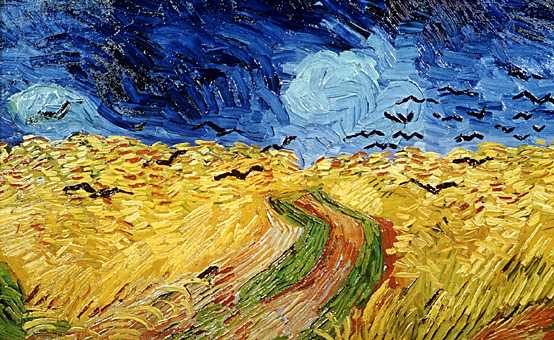
Rumi encourages us to treat no person as the “other.” Indigenous wisdom keepers move even further into the spiritual commons with their understanding that there is no such being as “other,” not even a rock. Other-ness is a precept for maintaining the place of behind. Commonality, by definition, has no behind so the spiritual commons is more circular in nature. Concepts like “behind” and “other” do not fit into its ontology.
The spiritual commons is also a place for recognizing our unity with all of Nature and our innate love for Nature, and for factoring in the magical nature of Nature. It is a space for developing our commons consciousness beyond the management of the physical manifestations of Nature so that our interconnectedness with it, and the sacred majesty of it, are appropriately valued in our social and economic structures.
The majority of people in the world believe that there is something important in the mostly mysterious realm that is common to our souls and psyches. Our spirituality, whether it expresses in traditional or non-traditional ways, is a metaphysical force that is at least as powerful as, and likely far more powerful than, our intellects. Yet, in standard social and economic valuations, we hold little to no value for the power of that metaphysical, causal force while we hold extraordinarily high valuation for intellectual concepts like, for example, capital gains.
The spiritual commons holds more accurate valuation for the requisite metaphysical factors that go into manifesting common good. For example, attending to consciousness is a priority in the spiritual commons because consciousness is recognized as the causal factor it is in all social, economic and governmental decision-making. Consciousness is causal. It always comes first but it is mostly overlooked as the critical component it is in creating our reality. How we manage our commons depends primarily on our commons consciousness (see my 2015 article: https://www.kosmosjournal.org/news/consciousness-seeds-and-soils-of-the-commons/). Because it is an essential underpinning of transformation, commons consciousness requires its own focus.
The currency of the spiritual commons is love. Its economy runs on life-enhancing and soul feeding practices. It accounts for vitality and for the mystery that flows between and beyond religions. Presence is the entry key to the spiritual commons and that is why its economy values personal journeying into the very essence of our beings so that we might find ever-greater presence with the self-actualizing life force that is unique in each of us and common to all.
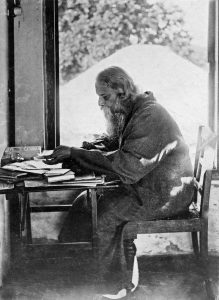
Hindu mystic, Rabindranath Tagore, called that force “the life-throb of ages dancing in my blood.” The spiritual commons holds sacred space for transcending spiritual and religious boundaries by valuing and cultivating that life-throb, that spark of life that makes the difference between being able to put all the elements of an apple into a lab dish and being able to make an apple.
That metaphysical spark is spiritual commons capital. It may well be the most powerful force on the planet. The spiritual commons makes way for, and holds high valuation for, that revitalizing, generative, trans-denominational power that can never be adequately captured by words. The economy of the spiritual commons accounts for the metaphysical spark of life itself and for our connection with that mysterious force that pulses life through the collection of elements that we are.
Evolving our inner lives is the starting place for reinventing social norms, rituals and customs. The spiritual commons is a domain for the reflection, visioning, meditation, and prayer that’s required for the spiritual growth that seems to be inexorably linked to norms transcendence. It is a place for digging deeper into individual and collective consciousness and for bringing mass consciousness into coherence around creating the compassionate and just world we all want to live in.
The spiritual commons is a sort of metaphysical laboratory for determining higher, and more accurate, valuation for heart and soul factors. It is transformational space because it runs on the most powerful driver of human behaviors – love. Twentieth Century Jesuit mystic, de Chardin, wrote that when we harness the mysterious power of love, we “will discover fire for the second time.” The spiritual commons is a love-fire circle where we can forge a world where needs are met so our spirits can fly. And where leaders recognize that needs get met when spirits fly.

